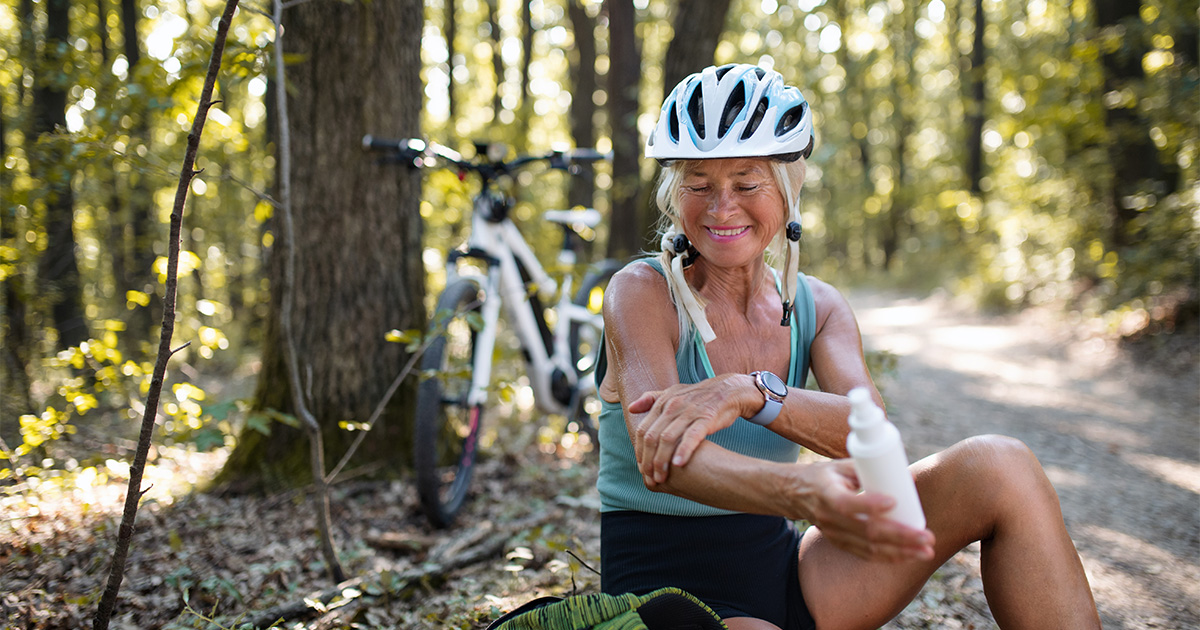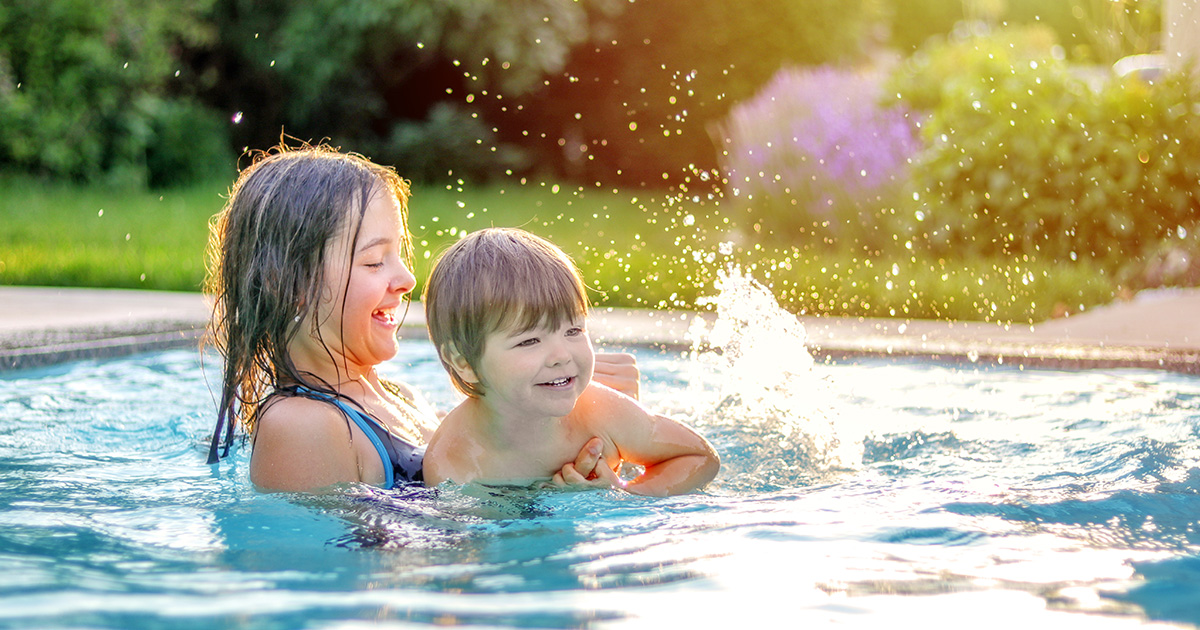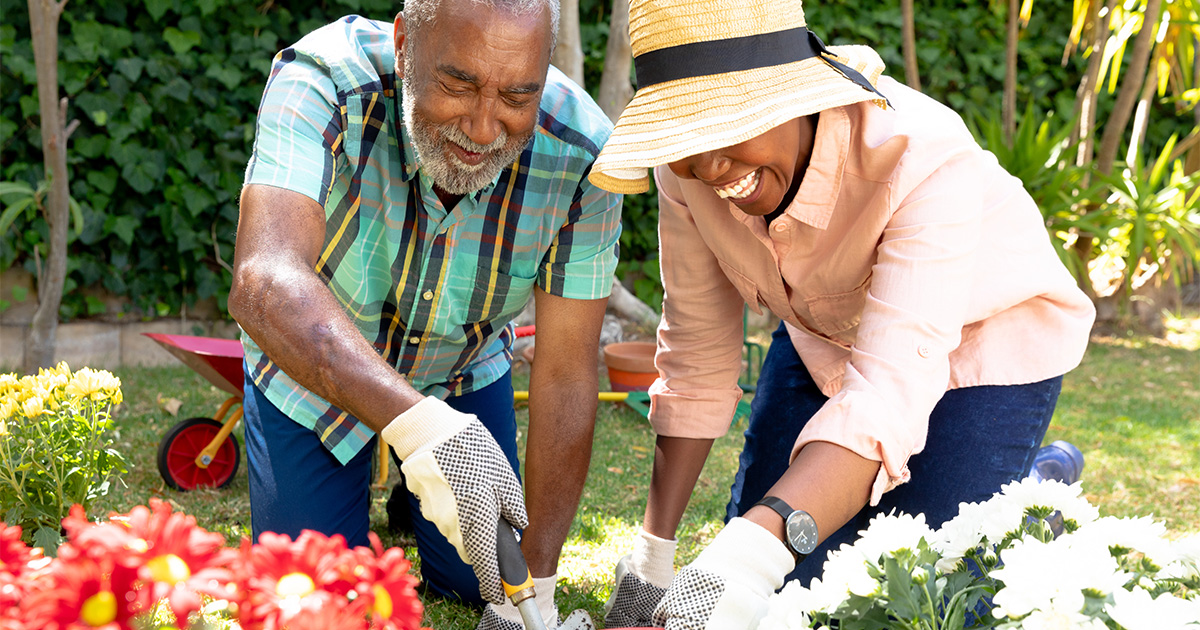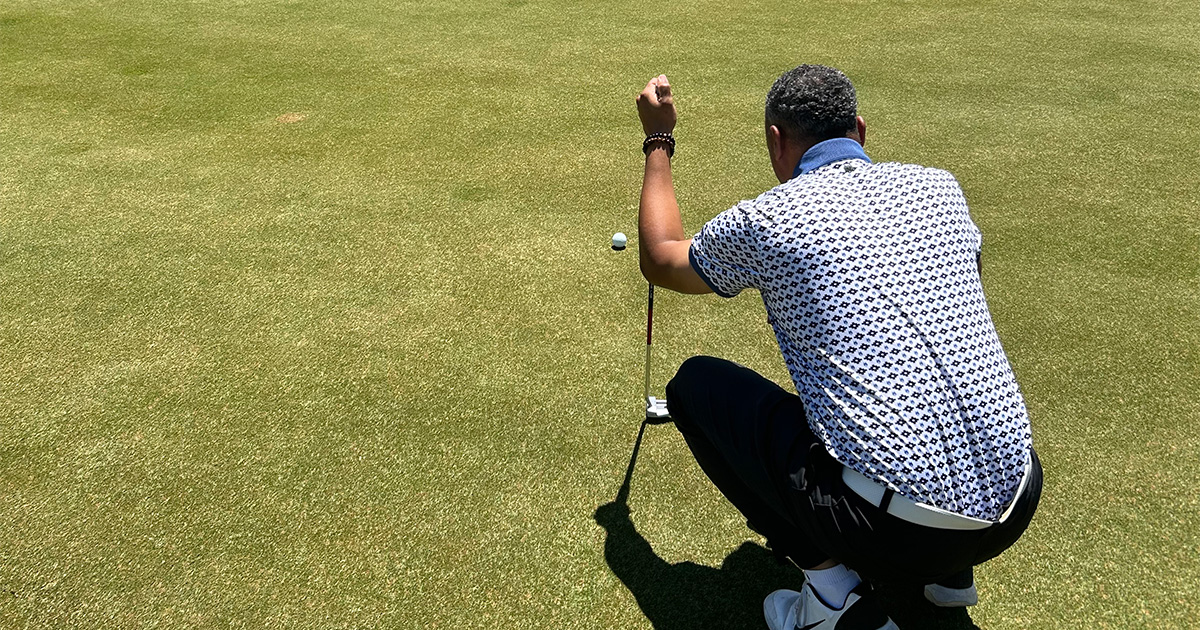As the temperatures rise and the days get longer, summer brings with it a host of outdoor activities and opportunities for fun. However, it’s important to remember that with the joys of summer there are also potential risks to our health and well-being.
Last year, we saw record heat in Maricopa County, with 54 days over 110 degrees. We also set a record for heat-related deaths, of which many were preventable. According to the Maricopa County Department of Public Health, 71% of those deaths occurred on a day when the weather service issued an excessive heat warning.
Summer can be an enjoyable time of year, but it is important to understand that the heat can be dangerous too, and lead to various heat-related conditions. These conditions range from sunburn and dehydration to heat exhaustion and heatstroke. The key to avoiding these issues lies in prevention and recognizing the symptoms to address them promptly.
Each summer, I share these tips to increase your awareness and help you to prevent or recognize a dangerous – and even potentially deadly – condition.
Sunburn: Protect Your Skin
Our skin is our largest organ, and it needs proper protection. Sunburn can occur in as little as 20 minutes of unprotected sun exposure. It ranges from mild to severe, with severe cases requiring medical attention. For mild to moderate sunburn, there are self-help tips to alleviate the discomfort:
- Stay hydrated by drinking plenty of water to prevent dehydration and rehydrate the skin.
- Take cool showers or baths to soothe the pain, ensuring gentle patting to dry the skin instead of rubbing it.
- Moisturize the sunburned skin with aloe vera, known for its skin-repairing properties. Aloe-based sprays or gels with lidocaine or benzocaine can help relieve pain.
- Consider taking over-the-counter pain relievers like aspirin, acetaminophen, or ibuprofen to alleviate discomfort and swelling.
- Avoid applying ice or icepacks, alcohol-based products, vinegar, petroleum jelly, or makeup to sunburned skin, as they can hinder the healing process or worsen the condition. If you are unsure of the severity of a sunburn, consult a healthcare provider.
Dehydration: Stay Hydrated in the Heat
Dehydration is a common condition during the summer months. Since our bodies are primarily composed of water, it is vital to stay hydrated, especially in the heat. Aim for approximately one ounce of water per two pounds of body weight each day. While sports drinks can help, be mindful of their sugar content. Limit alcohol and caffeine consumption as they increase the body’s water requirement.
Recognize signs of dehydration, including increased thirst, dry mouth, heart palpitations, decreased and dark urine output, headache, dry skin, and dizziness. Mild to moderate dehydration can often be reversed by increasing fluid intake, but severe dehydration requires immediate medical attention.
Heat Exhaustion: Recognize and Respond
Heat exhaustion can occur when the body’s cooling mechanism is overwhelmed, even without dehydration. Symptoms include profuse sweating, weakness, cool and pale skin, a fast and weak pulse, possible muscle cramps, dizziness, nausea or vomiting, and fainting. If you suspect heat exhaustion:
- Move the person to a cooler environment.
- Lay them down and loosen their clothing.
- Apply cool, wet cloths to their body and fan them.
- Offer sips of water.
- Seek medical attention if vomiting occurs more than once.
Heatstroke: A Life-Threatening Emergency
Heatstroke is a severe condition that demands immediate medical attention. Symptoms include an altered mental state, throbbing headache, confusion, nausea, dizziness, shallow breathing, body temperature above 103°F, hot and red skin (dry or moist), rapid and strong pulse, and fainting or loss of consciousness. If you suspect heatstroke:
- Call 911 or seek immediate medical help.
- Move the person to a cooler environment.
- Reduce their body temperature using cool cloths or a bath.
- Do not give them fluids.
Important – Heatstroke is a life-threatening emergency, and prompt action is critical.
Your Car is an Oven: Never Leave Children or Pets Inside
During summer, it is essential to be aware of the dangerous temperatures that can accumulate inside parked vehicles. Even with slightly open windows, the heat inside a car can rise to life-threatening levels within minutes. Never leave children or pets unattended in a parked car, as brain damage, dehydration, and even death can occur rapidly.
Embrace Summer Responsibly
Prioritize summer safety and follow preventative measures to enjoy the season while minimizing risks. Protect your skin from sunburn, stay hydrated, recognize, and respond to heat-related conditions, and never leave children or pets unattended in vehicles. Avoid excessive physical exertion during extreme heat and check on elderly or vulnerable individuals who may be more susceptible to heat-related issues. Seek out cool environments on hot days. Use fans, air conditioning, or cool showers to lower your body temperature.
Let’s make the most of summer while keeping ourselves and our loved ones safe and healthy.








